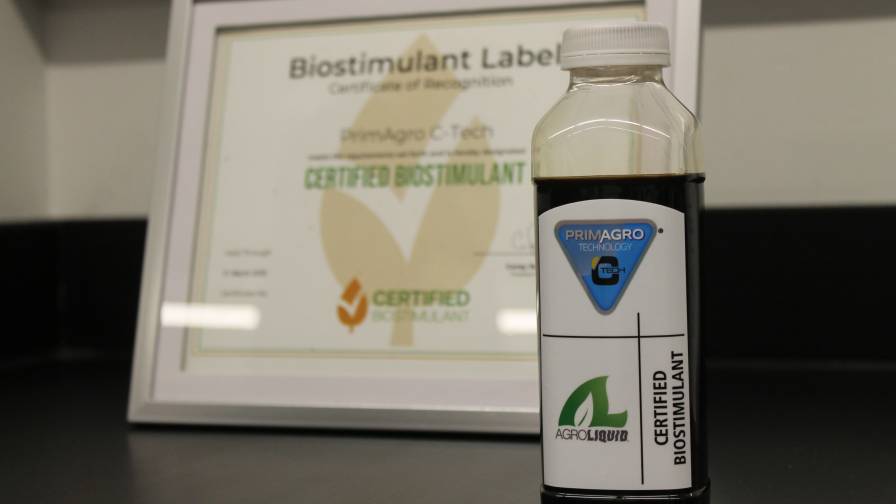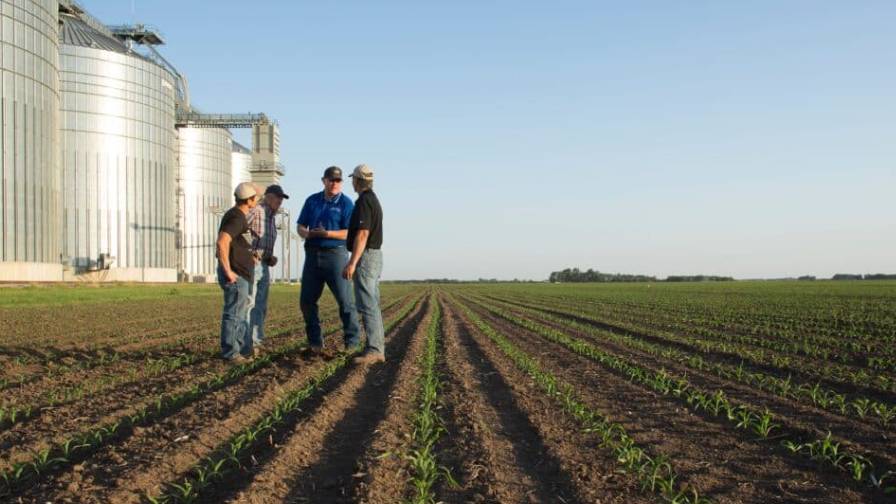Biobased Product Market Expands
Iowa State University researchers who believe there is a future in making plastics from crops or byproducts of crops processing are taking their show on the road. Members of the Biopolymers and Biocomposites Research Team will exhibit at an international plastics showcase June 22-26 in Chicago.
The team will be exhibiting samples of plastics, composites, adhesives, and coatings they have made from vegetable oils and proteins, plus flower pots and golf tees created from some of the materials they have developed.
David Grewell, assistant professor of agricultural and biosystems engineering, chairs the research team and will be one of the people staffing Iowa State’s exhibit at the NPE2009 International Plastics Exposition. "The hope is we can develop new industrial collaborations for research and development of bioplastics and bioproducts," he says. "We expect to make contact with engineers and product development staff for bioproducts, who we can work with to develop new applications and products for our bioplastics."
Michael Kessler, assistant professor of materials science and engineering, is another team member. "The NPE brings together nearly 75,000 professionals from the polymer industry," he says. "We felt having an exhibit where we could showcase our research and capabilities in the emerging area of polymers and composites from biorenewable feedstock would give us greater visibility and could lead to future research sponsors, collaborators, and partners."
Kessler said he also thinks the exhibit will be a good opportunity to highlight the pioneering work Iowa State is doing in the area of biorenewable polymers and educating students in the general area of biorenewables.
The research team operates under the Center for Crops Utilization Research (CCUR) umbrella. Larry Johnson, CCUR director, says the center was founded to develop new uses for Iowa crops. "In the beginning, we were focused largely on food. But as we analyzed the situation, we realized we could not eat our way out of a surplus of corn and soybeans," he says. "To make an impact, we knew we needed to look into biobased products."
Johnson said CCUR researchers have worked for many years on biobased products, first on adhesives using soybean materials. "The focus for this research group has changed over time," Johnson says. "The adhesives project still is ongoing, but now the main thrust is making plastics from biobased materials."
Team member Richard Larock is a distinguished professor of chemistry. "Iowa agriculture will benefit if we can expand the market for biobased products from corn and soybeans and agricultural co-products, like corn stover, soybean hulls, and distillers dried grains and solubles, which we use in our composites," he says.
Larock outlined some of the benefits of the new products the team is developing. "Our natural oil-based resins have excellent damping and shape memory properties that are generally not available in petroleum-based materials," he says. "Our composites are heavily biobased and inexpensive. Our coatings utilize cheap, readily available natural oil derivatives, are waterborne, contain no volatile organic compounds, and exhibit properties comparable or better than petroleum-based coatings."
Johnson said the biopolymers and biocomposites research team is finding new uses for low-value co-products. "We have the opportunity to create new businesses and new jobs in Iowa, by replacing non-renewable resources with renewable ones," he says. "Another benefit is lots of these things are inherently more environmentally friendly than the alternatives."






